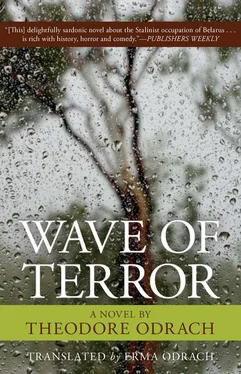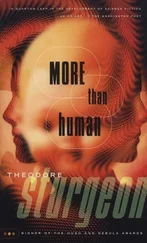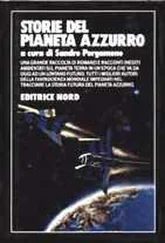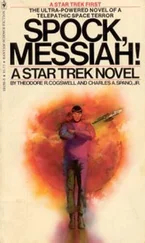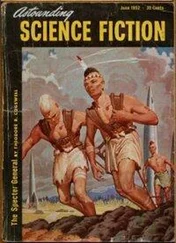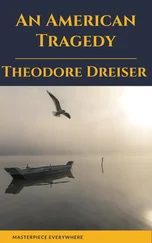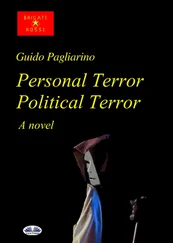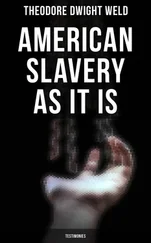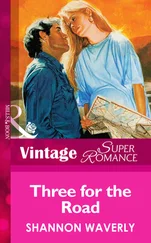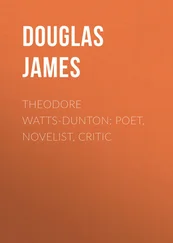Then from the river came a soft, barely audible rustling sound. He turned his head, and saw something moving slowly behind a wall of reeds. He hurried toward it and jumped in front of a man well into his sixties, whose thin face was gray and colorless, almost translucent, and whose eyes watered from the cold.
The two men stood frozen in their tracks, staring at each other. Then the man, looking wildly and fearfully at him, flung himself around in an effort to flee. But he lost his balance and fell headfirst into the snow. Kulik rushed to help him up, and said reassuringly, “Please, don’t be afraid. I’m not going to rob you, I’m not a thief. I’m merely out for a walk.”
“In this bitter cold? How long have you been following me? Are you an informer?”
Kulik said to him, “I understand. In these troubled times everyone is a threat in one way or another. No one can be trusted.”
The man’s eyes wandered. Adjusting a ragged blanket over his shoulders and pulling an old scarf tighter around his neck, he glanced at the bushes and asked warily, “Have you looked inside the sack?”
“Are you being pursued?”
“We are all being pursued,” was the answer. “Even the pursuer is being pursued. We are all traveling the road to Hell.” He picked up the sack and pulled out the kolbasa coil and the bread and stuffed them inside his coat. Patting himself on the chest, he smiled vaguely. “A few minutes of warmth and the food will thaw out completely.” Then he said abruptly, “You seem different from other people. If I may ask, who are you?”
Kulik told him his name, that he was a teacher in a nearby village, and that he was in Pinsk for a teacher’s conference where he was being ordered to stop teaching the children in Ukrainian and teach them in Belorussian instead. He explained that the Pinsk Marshes were being annexed to Belorussia, even though most of the people were Ukrainian. “My lessons will prove interesting, to say the least,” he said dryly, “since I don’t speak a word of Belorussian and neither do the children.”
The man raised his brows. “Do you speak Russian?”
When Kulik nodded, the old man’s face lit up. “I’m happy to hear that. Your knowledge of Russian might help you find a way to get through the system yet.”
“Do you live here in Pinsk?”
“I’m a drifter,” the man said bitterly. “A homeless beggar. I had a wife, a daughter, grandchildren, but now everything is gone. I’m being hunted from one hole to another. In warm weather I make a bed for myself on the ground under a tree in a park or in the woods, and now that it’s winter I look for any warm spot. I find food in trash bins, the dump, wherever I can. I have to keep moving from town to town, one step ahead of the police. I live in fear that tomorrow will be my last. I’m on the run, but there’s nowhere to go, there’s no hope, not for me, not for anyone. I would like to go to the West, but I don’t know how to get there.”
Kulik said carefully, “Do you know if your family is still alive?”
The man shrugged. “I heard that they were sent to Siberia, but others said they were gunned down in the fall of ’39. Someone told me that they relocated somewhere to the Caspian outside of Grozny …”
He fell silent for a moment. “And the sack?” Kulik asked.
He said that he had stolen the food when people were distracted by a dispute. Then he said, “Sometimes people give me things.” He looked around nervously. “I hope I can trust you,” he said. He turned to go, but he had something else that he felt compelled to say. He pointed in the direction of the Pina.
“There beyond the bridge, do you see the steam rising above the treetops? It’s from steam shovels. They’re busy working to broaden and deepen the Bugsy-Dnieprovsky Canal. And do you know why they’re in such a hurry to finish it? When spring comes and the ice melts into the Dnieper, through the canal, passage to the West will be opened up. The canal will give access to the Bug and along the Bug you’ll be able to get to the Visla and so on all the way to the Baltic.
“And then the worst will come for us. The forests will be mowed down, and they’ll take rye from the north, wheat from Volynya— all these goods will be loaded onto ships and sent east, straight to Moscow. Every grain of wheat will be squeezed out of the fields and every cow milked dry to try to fill government quotas. Everything will float downriver: meat, butter, oil, rye, lumber, wheat…. And our people? They’ll go on working the fields but they won’t prosper. They’ll starve.”
Kulik felt sick. The wind, and the river, the trees — everything felt dead around him.
“It’s time for me to be on my way now, young man. May our paths cross again. First thing in the morning I’ll be heading out. With a bit of luck I might even find myself in the West. Goodbye and may God bless!”
Kulik, alone, stood shivering. Then he began to hurry along the snow-covered lane, back toward the park gates, into the city. All night the man’s miserable life gave him nightmares. The next day the conference was coming to a close, and he would be leaving Pinsk after a two weeks’ stay and returning to the village. He was now almost eager to embrace the monotony of village life. Anything was better than Pinsk.
Sitting in the Holzman Theater waiting for the lecture to begin, he couldn’t get the old man out of his mind. He prayed to God for the safety of that wretched victim, and for his own safety.
Kulik sat near Paraska in the kitchen while she filled up the stove and the logs snapped and crackled loudly. Firelight quivered on the opposite wall and before long the entire school was warmed up. Outside a blizzard raged, probably the worst of the season. The wind howled furiously, the windows rattled, and huge flakes of snow slammed up against the frosted panes. It was the end of January and the Christmas season had just ended. There had been very little celebration this year; in fact, Christmas Day had come and gone like any other. There had been no friendly gatherings or meals in village homes, and no festivity in the streets. No holly wreaths on the doors, no decorated Christmas trees in the front yards, no Nativity puppet shows in the village square, and no evening carollers. All religious celebration had been branded bourgeois, subversive and illegal. The church bells never rang because the village church had been gutted and boarded up, and there was talk it would soon be turned into lodgings for local officials and visiting NKVD men. News had spread from villages like Morozovich and Lopatina that churches had been set on fire and burnt to the ground.
Paraska filled a pot with water and set it on top of the stove to boil. She said to Kulik sullenly, “This is one Christmas I’ll never forget. On Christmas Eve my older boys got together with friends to sing carols in the streets. When they just barely entered the square, Cornelius chased them off with a stick. He hollered at them, ‘Another word out of any of you, and I’ll call in the NKVD! Siberia’s just waiting for the likes of you! Hoodlums!’”
She sat on a small footstool, and stared vacantly into space. “What’s this world coming to? Yesterday a bunch of peasants were picked up and shoved into a sealed truck. We heard they were headed for Arkhangelsk, far, far away in the north, on the White Sea. The sun hardly rises over the horizon there in the wintertime and it’s always cold. They say the people have to work sixteen-hour days, and all they have to eat are gruel and rotten fish. This is our future. And what crimes did we commit?”
Kulik did not speak. The names Arkhangelsk, Kolima, Vorbuta, said to be the sites of slave labor camps, filled him with indescribable despair.
Читать дальше
